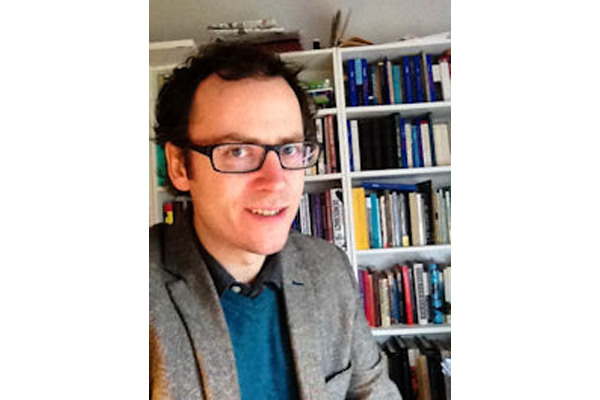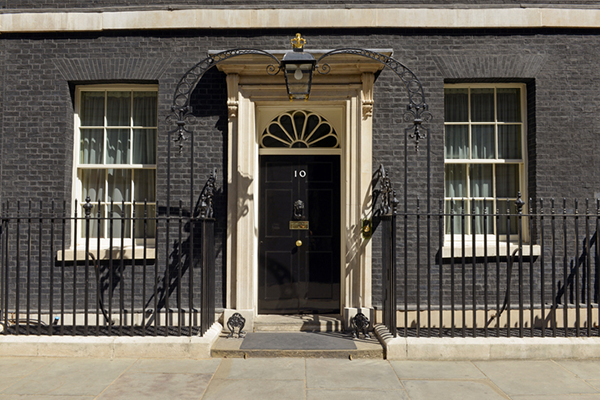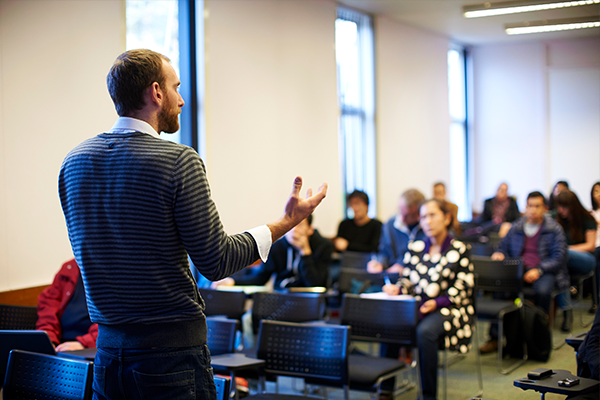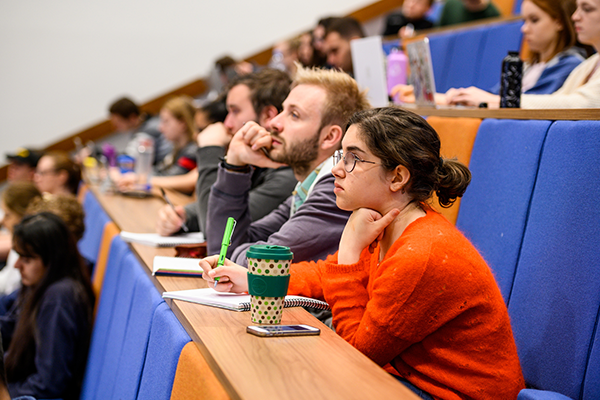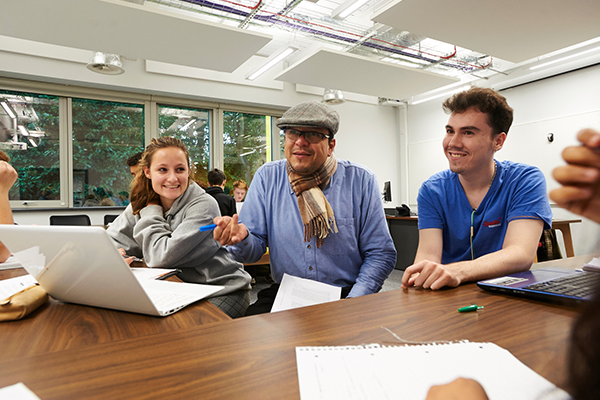Congratulations on getting an offer to study with us! We hope we'll get to meet you soon. In the meantime, we wanted to give you a chance to learn more about our staff.
Alfred Moore is a lecturer in political philosophy. He teaches the 3rd-Year module 'Knowledge and Democracy', and his research focuses on the role of experts in democratic politics.

